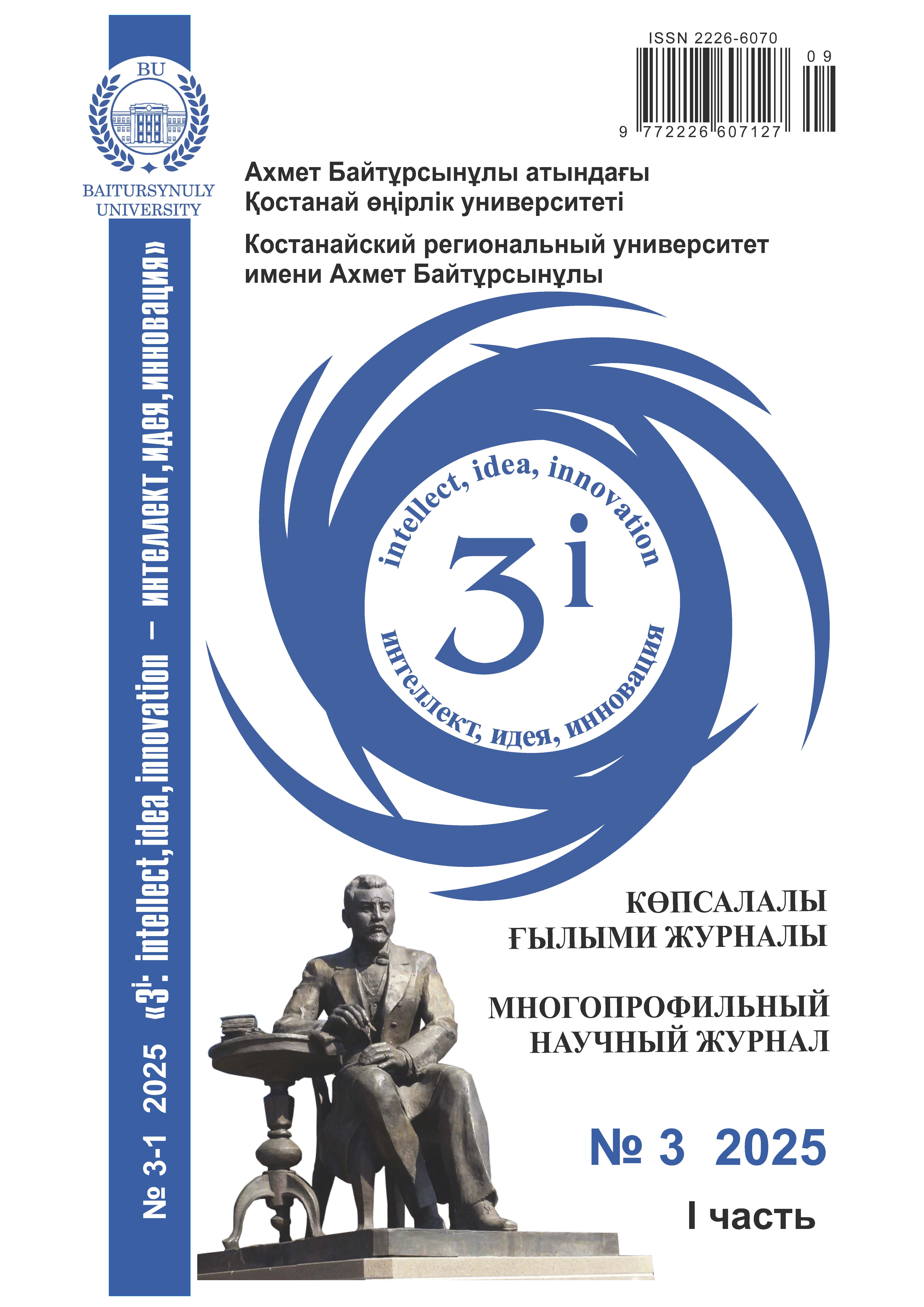GENETIC MONITORING OF HEREDITARY DISEASES IN HORSES OF THE KOSTANAY AND ADAI BREEDS: THE FREQUENCY OF CARRIAGE OF MUTATIONS SCN4A, GYS1, GBE1, PPIB, EDNRB AND STX17
Genetic variants
DOI:
https://doi.org/10.52269/KGTD2531255Keywords:
Genetic diseases, Kostanay breed, Adai breed, horse breeding, SNP genotyping, genomic sequencing, genetic mutationAbstract
Hereditary diseases in horses significantly affect animal health, breeding efficiency, and athletic performance. This study conducted a genetic survey of six well-known mutations associated with equine disorders — HYPP (SCN4A), PSSM1 (GYS1), GBED (GBE1), HERDA (PPIB), LWFS (EDNRB), and Grey/melanoma (STX17) — in two Kazakh horse populations: the Kostanay breed and the Adai type. The analysis included three data sets: genotypes of 1630 horses and whole-genome sequencing of 65 horses selected within the framework of the BR10764999 Program project “Development of technologies for effective management of the selection process and preservation of the gene pool in horse breeding”; data of 96 horses selected within the framework of the project of the Program BR22885681 "Improvement of existing methods of managing the genetic resources of Adai and Kostanay horses while preserving the gene pool of the Kostanay breed". In the first two datasets, 68,974 SNPs were examined, including loci in SCN4A and PPIB. All horses were homozygous for the reference alleles. In the third dataset, all six genes were assessed according to the EquCab3.0 genome coordinates, with no deviations from the reference genome detected. These findings demonstrate the complete absence of the tested mutations in Kazakh horses. Two factors may explain this result: first, the mutations are predominantly found in foreign breeds (American Quarter Horse, American Paint Horse, draft breeds, Lipizzaner), which were likely never introduced into Kazakhstan; second, the traditional free-range management system promotes natural selection, reducing the probability of preserving deleterious alleles within local populations.




